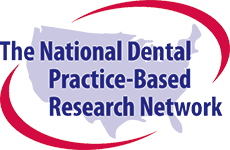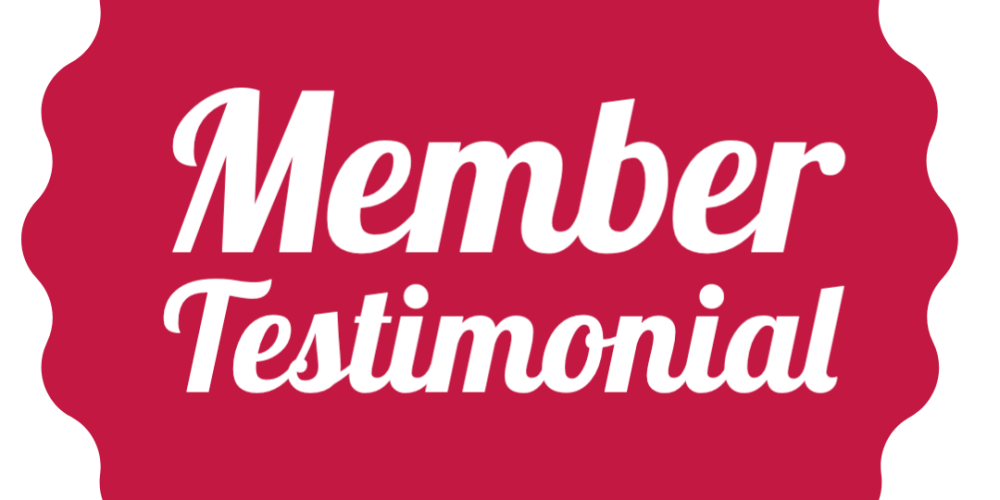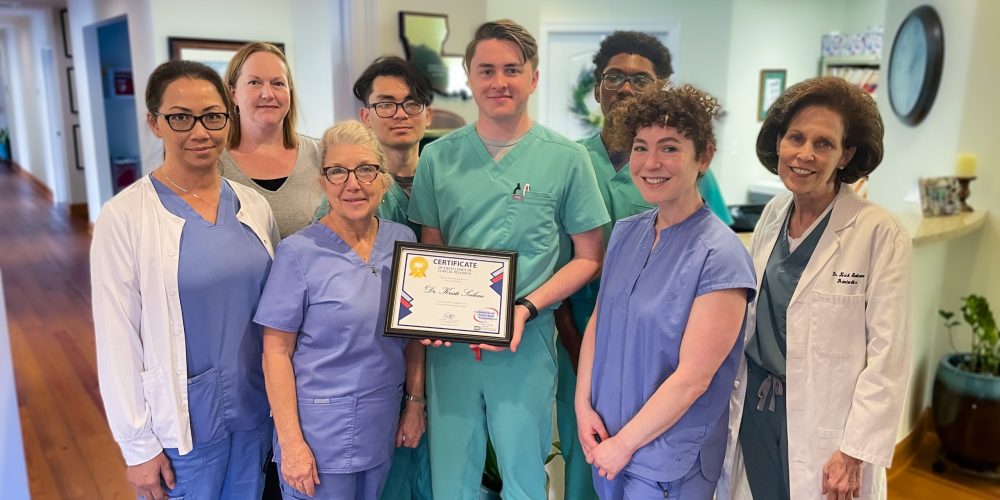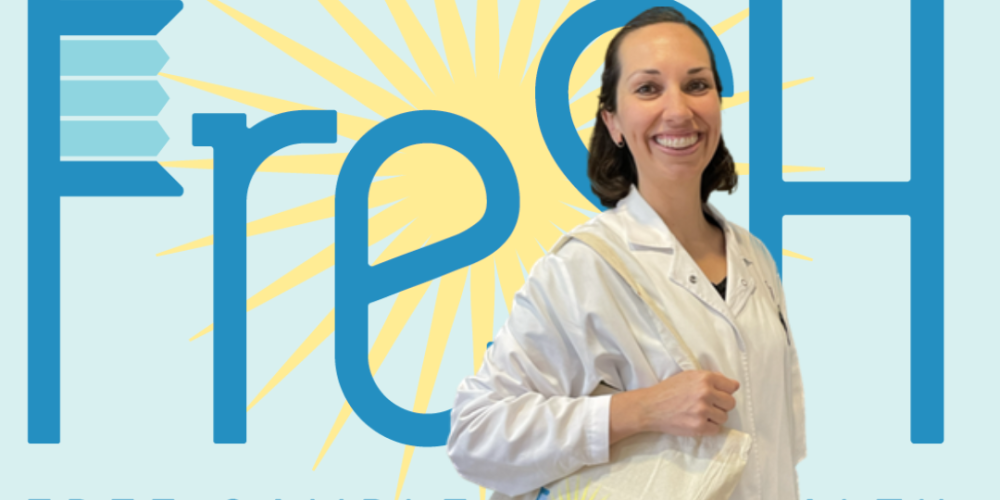Crystal Schaeffer, RDH, from the Midwestern region, joined the FreSH study to enhance her understanding of tobacco use. She shares her experiences addressing tobacco use with patients, her team's recruitment strategies for the study, and the valuable training she received from the PBRN. Crystal says being in the FreSH study has made her eager to continue helping people quit smoking even after the study concludes.
Bruce Cunningham
Bruce Cunningham, general dentist, has been a member of the network since 2005. He has participated in 11 questionnaire studies and four clinical studies. He started our conversation telling us how the studies were conducted in his practice:
“All studies that I have participated in the trainer [regional coordinator] came out to my practice and sat down with myself and one of my staff members who was human subjects trained. She went through all the steps involved in the study. Once we were completely trained and enrolled in the study, we began seeing patients. Of course, if we had an urgent question, we would call the regional coordinator. The coordinator would promptly answer our questions and resolve any issues we had. So, it went very smoothly to get started. Frankly, it was not difficult at all.”

Recently, Dr. Cunningham finished enrolling patients for the POPS Study. “I participated in the Post-Operative pain study. I was interested in doing this study for two reasons. I thought it would be very informative for me, especially since I have been in practice for so long. I am very comfortable and use opioids a fair amount in my practice, so I thought it would be interesting for me to participate because there is a push towards getting away from prescribing opioids for pain management after dental procedures.”
“This Post-Operative Pain study took very little of my time. My trained staff member that was present and enrolled the patients after they were consented. I had very little impact. It had no negative impact on the patient flow. It was very smooth and easy. It frankly was one of the easiest studies I’ve done in terms of any kind of practice disruption.”
“If dentists realized how easy it is to enroll and to be an investigator in this Post-Operative Pain study, they would jump on it. Plus, this study uses the FollowApp, I really like it. It was a pretty neat software that allowed patients to communicate with me without having to call the office. All the patient has to do is to respond to the survey via text message and it comes to me. If it is something urgent, I would have my staff call and follow up with them. I wish I had this software in my practice. It would be great to introduce more dentist to FollowApp. If you can get more people enrolled, I think they really would have a good time with it. It’s only 30 patients maximum. It is almost done before you start.”
He concluded our conversation with stating the importance of being a Network member: “I have always enjoyed being a part of the practice-based research network. The investigations we have done in office have been good, because I think our patients see them and view our participation as being progressive. It is something that helps show an attitude of wanting to stay informed and stay knowledgeable about the current practices in dentistry.”
“Being a member of the network gives me a fresh outlook on dentistry. I believe it cuts down on burnout. To be involved in practice-based research network makes the daily practice more interesting to be involved in the studies. Plus, I think it provides so real life, real practice information that is helpful for the research that is being done. My patients always have a positive attitude about being participants. We have not had many people decline participation.”
If you are interested in participating, contact us!





This Post Has 0 Comments